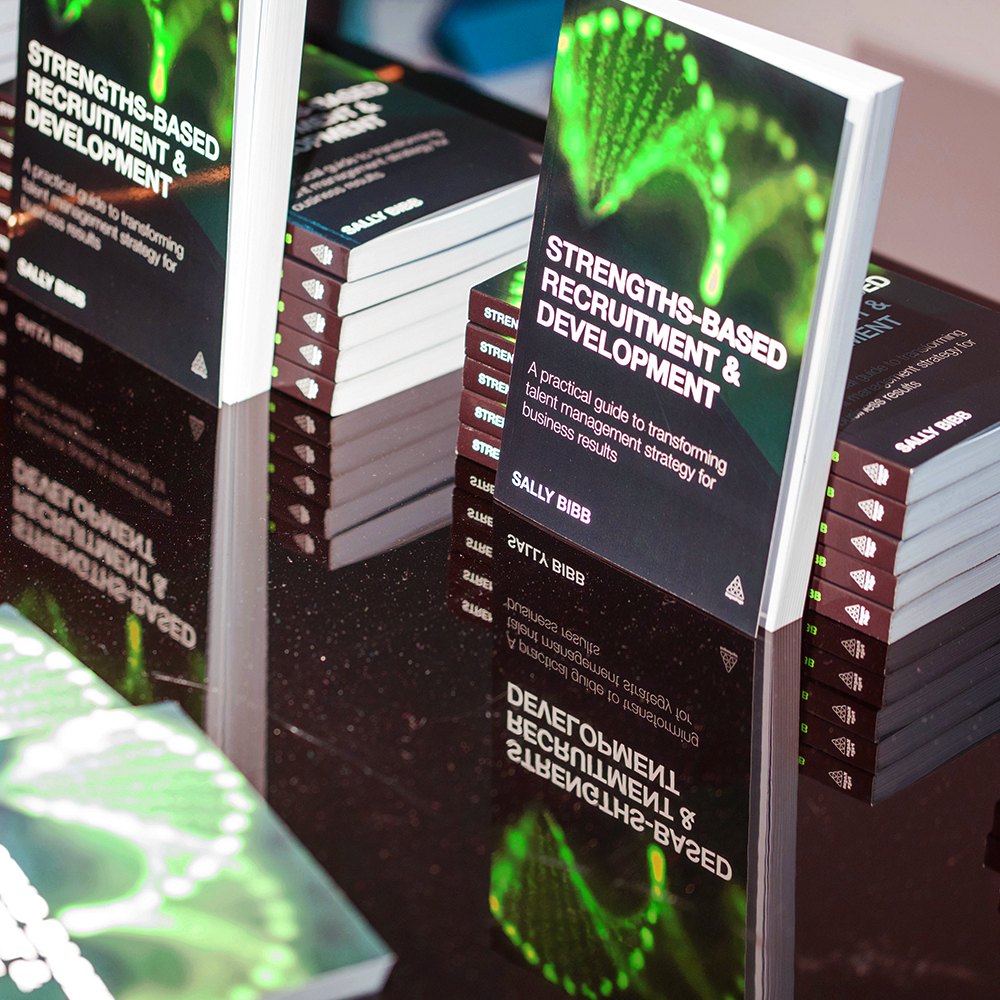
Being stuck in the wrong job is a miserable experience.
If you’re a student just wanting to earn money to help with living expenses, studies or travel it might not matter that much. Most of us can deal with short-term pain for long term gain. But when it’s not a short-term means to an end but a trap that you can’t see a way out of, then it becomes a problem.
The response I received to my blog post The cost of being in the wrong job suggested that lots of people are having or have had the experience of being unhappy in their job.
Because of the strengths work I do, I often get asked for help from people who would like to make a career change to a job they would be happier in. I’ve had countless conversations with people on the subject, and I have written a book containing interviews with people who have made successful career changes (including Strati, Martin, Mike, Joel and Lynne*) ― so, what can we learn from others’ experiences?
People who have made significant career changes to do work they now love, have six things in common:
1. They can trace back to their childhood the roots of the work they have ended up doing and loving. Though they hadn’t necessarily thought about it nor realised it until asked.
“I was born and raised in a house with seven people living there all the time. I think it’s more like a need for me to be with people and chat with people.” Strati, Assistant Costa Coffee Shop Manager (former Physiotherapist)
2. They have a clear idea of what they enjoy doing and what they don’t enjoy doing. Though sometimes they need to be asked to think about that to clarify it in their own minds.
“I didn’t enjoy it [the sales role]. I’m not a very ‘aggressive’ person by nature, the cold calling didn’t appeal, trying to win someone round without actually meeting them. My interest and knowledge in football is in the professional game, and in this role I felt like I was selling polyester to people, it was all about price. It wasn’t what I’d thought a job at this company would be like. I’d imagined I’d be spending my days talking about players and the game. Now, my business unit is responsible for marketing ‘license apparel’, official merchandise for football teams like Manchester United, Chelsea, Barcelona… you have to have a knowledge of the game. I’ve always loved using my knowledge (even in things outside of work like Pub Trivia Quizzes!) and now I have to do that every day.” Martin, Marketing Manager running the marketing for a business unit responsible for $20 million a year in sales for a US-based e-commerce football speciality retailer (former Salesman)
3. It is obvious to others around them that they are in the ‘right place’, once they have changed jobs or careers.
“People say to me things like, ‘You were born to do this’ or ‘Did IBM invent this job just for you?’” Mike, Executive Briefing Consultant hosting Executive-level product briefings for IBM clients (former Sales Manager)
4. They all have a strong desire to do a great job. Being in the wrong job meant that they were limited in their ability to do a good job and that bothered them very much.
“I don’t think you can do something really well if you don’t like it. Like when I was a physio, I did a good job but I wasn’t excellent at it, I didn’t want to be excellent, because deep down I didn’t care about it. In the shop (Costa) I put my smile on, even if it’s a difficult day, have a chat with my customers, with my colleagues, try and make a child laugh or smile at me, and the reason I’m trying to be good at it is because I like it. My favourite part of the day is when it’s my turn to go and make sure the tables are clean, I mean you don’t just go and clear the tables, you chat to the people, ask them how is their day, how was the coffee, how was their food… it’s just like having a party and you are taking care of your guests. My customers aren’t just customers, I feel them like my own people now. I want to go and talk to them.” Strati, Assistant Costa Coffee Shop Manager (former Physiotherapist)
5. Getting to the point of being great at what they loved doing wasn’t necessarily easy or smooth but they knew deep down that they wanted to do it.
“In Hedge End and Botley where I grew up it wasn’t that usual for guys to go into hairdressing… I did come across some nasty comments which hurt me at the time. I was persistent and pushed through the doubts because I believed I could do it and I wanted to do it.” Joel, hairdresser/hairdressing salon owner (former Woodwork Tool Apprentice)
6. They made choices based on what they really enjoyed doing. None of them spoke of security except in relation to making the ‘wrong’ decision and taking a job for financial reasons.
“I saw that I loved to see a project from beginning to end, that I’d enjoyed investigative research, talking to people on a one-to-one, finding out their ideas, adding in my own research to see what could fit, and then the end result. I asked people for ideas for possible careers and perhaps the closest we came up with was landscape gardening, but it still didn’t feel quite right. Then one day on a plane to Argentina for a needed break, my friend said to me, ‘What about floristry?’ It was a light bulb moment. I instinctively knew it was right… Everything clicked into place.” Lynne, florist running her own business (former Accident Claims Negotiator/Manager)
I believe we usually know, deep down, whether a job is right for us or not. Yet, sometimes we don’t realise how wrong a role was until we move into one where we are a ‘round peg’ in a ‘round hole’. Sadly some people spend years or even a lifetime doing something that doesn’t make their heart sing.
Over the years I have talked to people from all walks of life: from high flying professionals to people doing low-paid work (work that others might think they’ve chosen just because they need a job, like supermarket or call centre work). But, in my experience a lawyer earning several hundred thousand pounds a year can be just as happy or unhappy in their work as a carer, cashier or call-centre employee earning the minimum wage. What counts is whether they want to do the work, love doing it and feel fulfilled in it, and that depends on the role being right for them.
It might be a cliché, but life is too short to waste the many hours we spend working if we don’t like our job. There’s a lot to learn from those who have made a successful career change.
*The full transcripts of interviews with Strati, Martin, Mike, Joel and Lynne are in Sally Bibb’s new book, Strengths-based Recruitment and Development: A Practical Guide to Transforming Talent Management Strategy for Business Results (Kogan Page, May 2016). The book is the first to be written on the subject.


